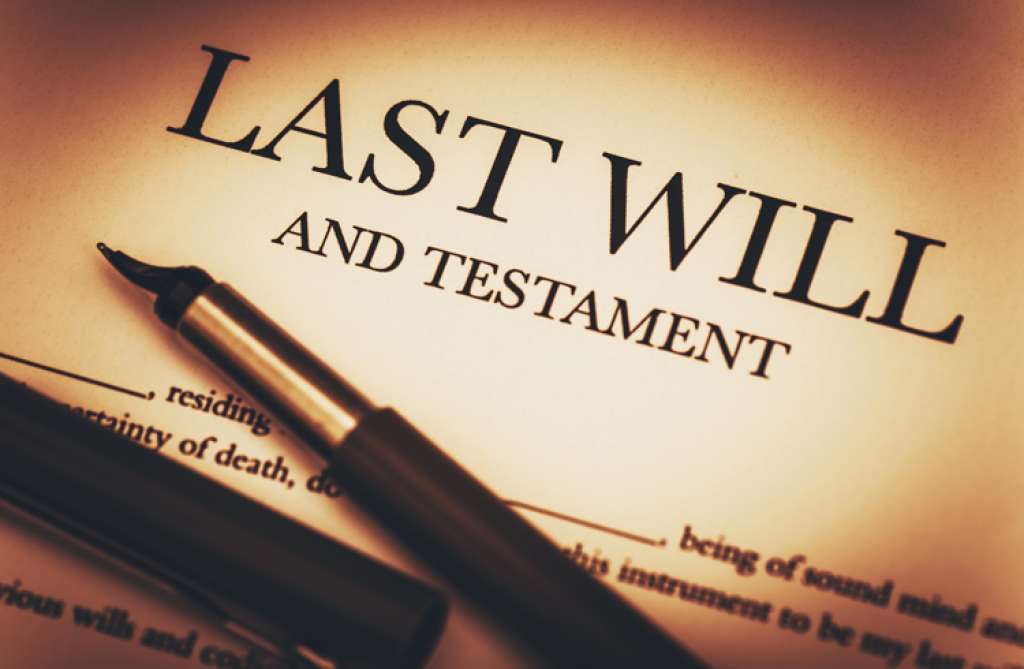
In the unfortunate and unlikely event you and your partner both pass away leaving children under 18, you should consider a guardianship clause in your Will to give you peace of mind that someone you trust and approve of will care for your children.
1. What is a guardian:
A guardian is a person who will have legal responsibility to look after your children if you die before they are 18 years old and their other parent (who has parental responsibility) has also died.
2. Why appoint a guardian:
Guardians gain parental responsibility under the Children Act 1989 which means they can make important decisions about your child’s life such as medical treatment and education. If you do not appoint a guardian and no other person has parental responsibility, the Court will decide who looks after your children.
3. Can the other parent become a guardian
A mother automatically has parental responsibility as do both parents married to each other when their child is born. A father can acquire parental responsibility by marrying the mother or being named on the birth certificate (children born after 1 December 2003).
If the other parent does not have parental responsibility they can obtain it by entering into a parental responsibility agreement or court order.
Only a parent with parental responsibility can appoint a guardian. For example if the mother dies appointing a guardian and the father does not have parental responsibility, the guardian would take responsibility for the child. The father could make an application to court to continue care of the children.
You can only appoint guardians for step children if you have parental responsibility. If your partner wants you to continue bringing up the children, they should appoint you in their Will.
4. How are guardians appointed:
Guardians can only be appointed for children under 18 years old and the appointment must be made in writing, dated and signed. Most people make the appointment in their Will, and the appointment may be valid even if the Will itself is not valid, for example because the Will has been signed and dated without witnesses.
You should ask your guardians if they are prepared to act before appointing them in your Will.
5. When does the appointment of guardians take effect:
The appointment takes effect on death if no parent has parental responsibility for the child or children. For example if a couple make Wills appointing guardians for their children and the husband dies while the child is under 18, the appointment does not take effect on his death; it will only take effect if the wife dies before the child reaches 18. The appointment under the Wife’s Will also takes effect on her death.
6. How to choose a guardian
The most important thing is the guardian is comfortable with the responsibility and it must be a person, not a company. Consider who would best meet the needs of your children, where the children will live and if they can could still go to the same school and see friends and family, whether the guardians have similar beliefs and views to you and whether the guardian has children of their own
Most people choose one guardian or two if they are a couple. You can also appoint substitute guardians if your initial choice of guardian dies before the surviving parent, loses mental capacity or is unable to take the child or children. You can also appoint different guardians for each of your children.
7. How will the guardians manage financially
A guardian does not have an obligation to bring up children using their own resources.
The Trustees of your Will will take care of the children’s finances. It is advisable to appoint different Trustees to guardians to protect against conflicts of interest.
You could leave a gift in your Will to the guardian as a thank you. You could allow your trustees to make loans to the guardians, for example a loan to buy a bigger property which could be secured as a charge on the house.
If the Trustees are holding funds for the children until they are 18, they usually have statutory powers to use the income and capital for the benefit of the children, for example paying school fees.
You can leave a letter of wishes giving guidance how the Trustees use their powers under the Will to provide financial support to the children and a separate letter to the guardians themselves (however these are not legally binding).
Your guardians may also be able to apply for Guardian’s Allowance, which is a government benefit on top of Child Benefit.
To draft your Wills and appoint your chosen guardians, please contact our Trusts and Estate Planning department.